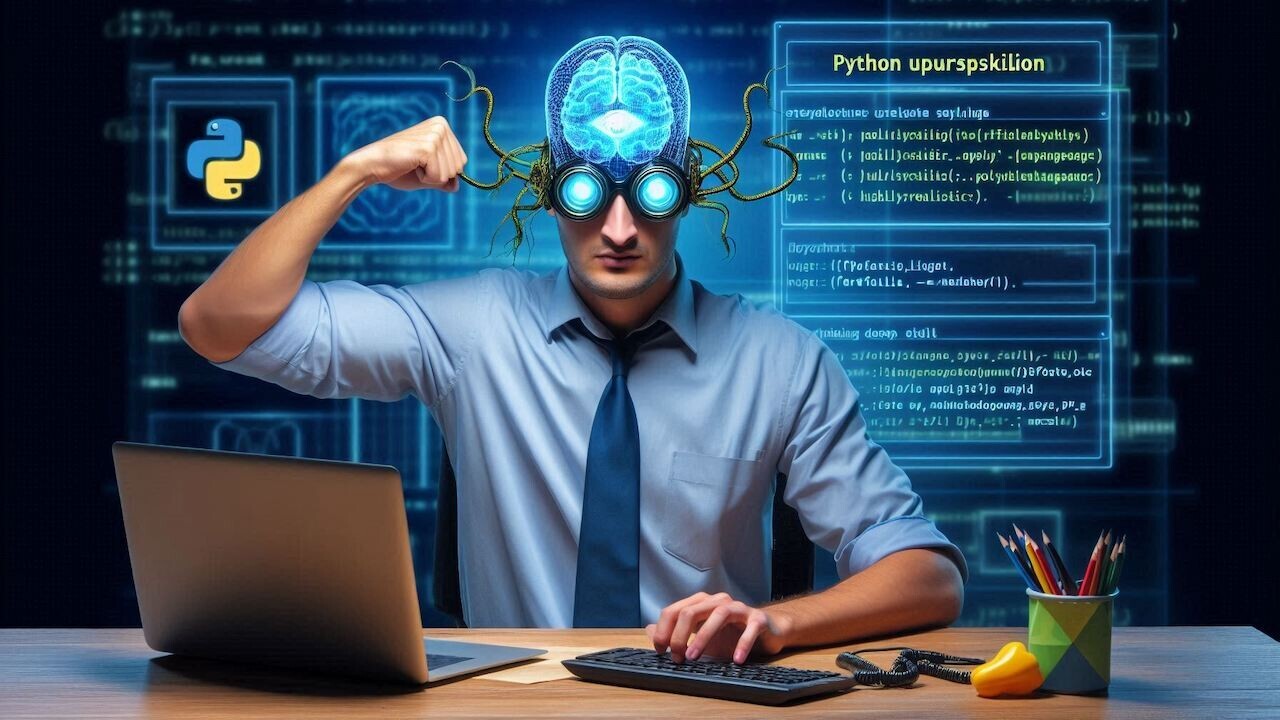
As generative AI continues to evolve at a rapid pace, programmers face a new challenge: mastering meaningful artificial intelligence.
It seems that every workplace is pushing towards leveraging the technology — some with more consideration and ethics than others. From task forces to entirely new teams, everyone from scrappy startups to tech behemoths wants a piece of the AI action.
A quick look around reveals why: while global stock market turbulence has affected some of the biggest names in tech, including Microsoft, Nvidia, and Meta in recent weeks, others, such as Adobe and Amazon, are enjoying a more optimistic investment outlook due to their advances in AI.
3 developer jobs hiring this week
- Senior Java Developer (Dutch speaking), Alliander, Arnhem
- .NET Developer, Atos, Villeurbanne
- Senior Full-Stack Engineer, Condo Group GmbH, Hamburg
Accenture, Siemens Energy, and Belcorp are all investing in employee upskilling right now using Workera, an AI skills verification platform that helps companies see their workforce’s strengths, development areas, and skills gaps.
Its founder and CEO is Kian Katanforoosh, co-creator of Stanford’s Deep Learning program, who has taught AI skills to over 4 million students. He says upskilling in AI is no longer just a valuable addition to a programmer’s toolkit.
This is particularly true for Python programmers. “Developing AI skills is becoming increasingly essential,” Katanforoosh says. “The demand for AI engineers is surging, and many of these roles are filled by Python programmers who not only understand the language but also have a deep grasp of AI technologies.”
Python’s versatility allows it to be used across various levels of AI development, from creating data visualizations to developing complex machine learning models and deploying full-scale AI applications.
Each of these levels requires a nuanced understanding of AI, and Python programmers who can bridge this gap are more likely to excel.
Enhancing productivity
The integration of AI into software development isn’t just about expanding skill sets, it’s also about enhancing productivity.
Katanforoosh points out that AI tools are transforming how Python programmers approach their work, automating routine tasks and allowing them to focus on more complex challenges. “These applications streamline the development process, reduce errors, and improve the overall efficiency and quality of software projects,” he says.
One example is code autocompletion and code generation, which automates the creation of boilerplate code and functions. Meanwhile, code refactoring improves the structure and readability of code, without altering its functionality.
Code review tools, automated testing, and security scans help to identify vulnerabilities and bugs, and ensure code quality.
For devs who loathe spending time on documentation, generation tools can create comments, API documentation, and user guides. Perhaps one of the coolest developments helping to bridge the gap between devs are code translation tools that, like Google Translate, can convert code between languages, such as from Python to Java.
Python developers can really benefit from these advancements. “Python is a popular language with a vast amount of online resources, making it well-suited for AI tools that rely on extensive training data,” Katanforoosh explains. “AI models optimized for coding tasks are more effective with Python than with less common languages, providing Python programmers with a significant advantage.”
3 more EU roles hiring now
- Senior Software Architect Java, adesso SE, Hamburg
- System Software Architect – Mission Preparation, MBDA France, Le Plessis-Robinson
- Test Engineer High Tech – Netherlands based only, Capgemini, Netherlands
He highlights that as new, higher-level languages have emerged, the demand for skilled programmers has only increased. “For instance, Python allows developers to write in one line what would require tens of lines in C++ or hundreds in Assembly. Now, natural language — or prompt engineering — is an even higher-level programming, allowing for faster problem-solving,” he says.
“Python will continue to be a crucial tool, and great engineers will adapt, moving between languages as needed to solve problems efficiently. AI represents the next step in this evolution, and Python programmers who upskill in AI will be at the forefront of this exciting future in software engineering,” he predicts.
While the future may be uncertain, standing still is not an option. Python programmers, already equipped with a powerful and versatile language, have the opportunity to steer their careers in a new direction, and ultimately, bring home a larger paycheck.
Ready to find a better-paying role? Check out The Next Web Job Board
Get the TNW newsletter
Get the most important tech news in your inbox each week.





